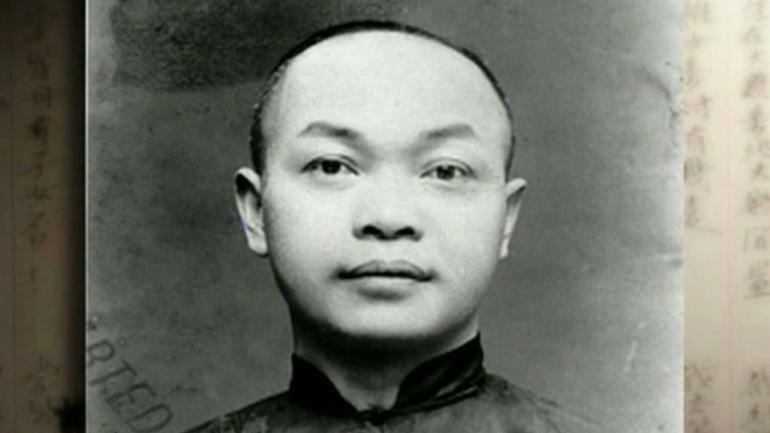In the run-up to the midterm elections, U.S. President Trump suggested he may try and alter the Fourteenth Amendment to the U.S. Constitution, which automatically grants citizenship to those born on U.S. soil.
The amendment – passed shortly after the end of the U.S. Civil War – was designed to ensure the rights of citizenship for freed slaves. An interpretation of the Fourteenth Amendment – based on a landmark Supreme Court case 120 years ago – involving Chinese-American Wong Kim Ark, secured “birthright citizenship.” And that means Trump will probably have real problems changing the law. CGTN’s Nathan King reports.
Wong Kim Ark was born in San Francisco to Chinese parents, part of the wave of Chinese immigration that helped build the transcontinental railroad that helped transform the US. West Coast into what it is today.
But Kim Ark would make legal history. Upon returning from a trip to China he was denied re-re-entry under the draconian laws of the Chinese Exclusion Acts. He challenged the decision in the U.S. Supreme Court and won. That enshrined the principle that all children born in the U.S. are citizens of the country, regardless of their parents’ citizenship status.
“The Wong Kim Ark case was very important for ensuring that you are defined as an American, not by bloodline, but by being here being born here, ” points out John C. Yang, of the Asian Americans Advancing Justice organization.
But 120 years on, the nationalist administration of President Trump is questioning that right. White nationalists have become more prominent in the U.S. and for many in the Chinese-American community, it seems time is moving backwards.
“It is surprising in the sense that we feel at times we make progress we feel at times we’ve become more accepting of all sorts of different communities and how they contribute to our society,” said Yang. “And, unfortunately, I do think we are taking a backwards step right now.”
It’s unlikely the Trump administration will be able to amend or ignore the Fourteenth Amendment, but it is proposing other steps, including limiting visas for Chinese students working on cutting-edge technologies like robotics, semiconductors and artificial intelligence.
“It’s troubling and it’s reminiscent of what happened back in the 1800s,” said Yang. “Where opportunities were being cut off to Chinese Americans.”
Many immigrant groups, including Chinese and other Asian Americans, have come a long way in fighting for their rights since the time of Wong Kim Ark, but his case remains relevant today as a new wave of anti-Chinese and immigrant sentiment is growing in the United States.
Bruce Fein discusses birthright citizenship parameters, ruling and Trump’s politicizing of the statute
CGTN’s Mike Walter spoke with constitutional lawyer Bruce Fein about the birthright citizenship statute and if President Trump can alter it.
 CGTN America
CGTN America

